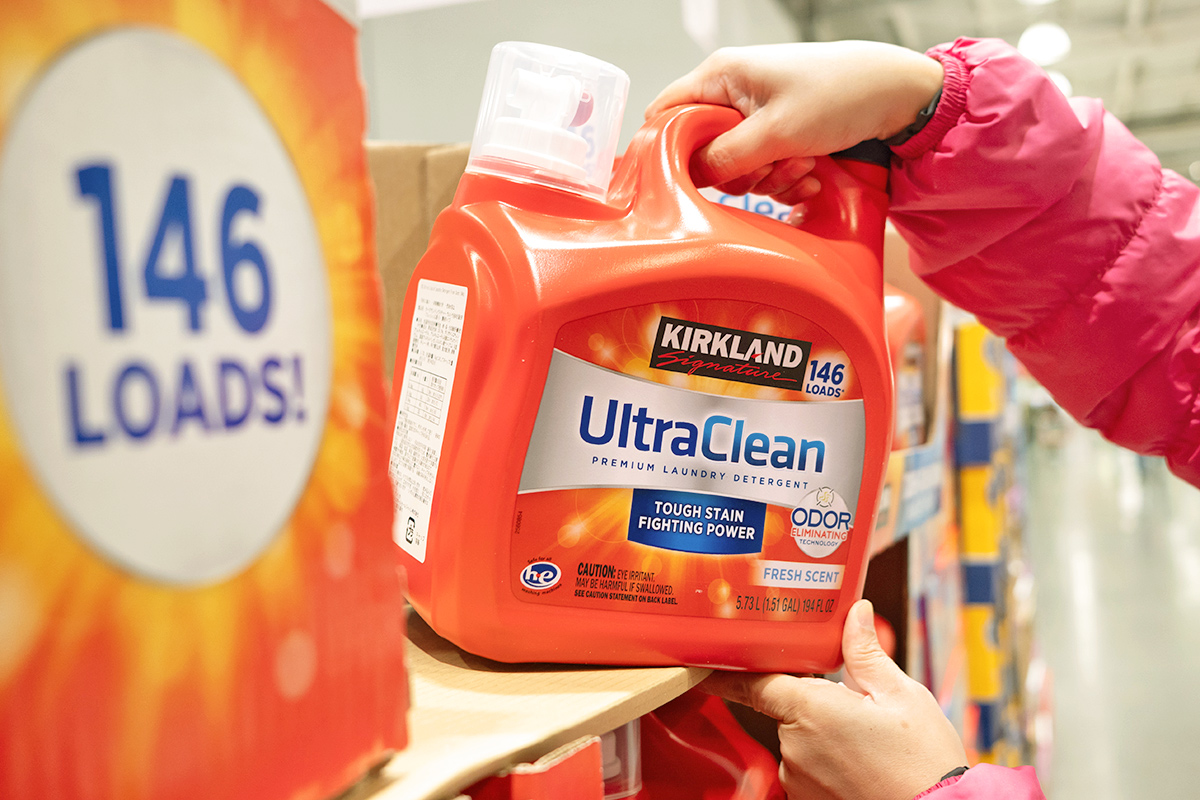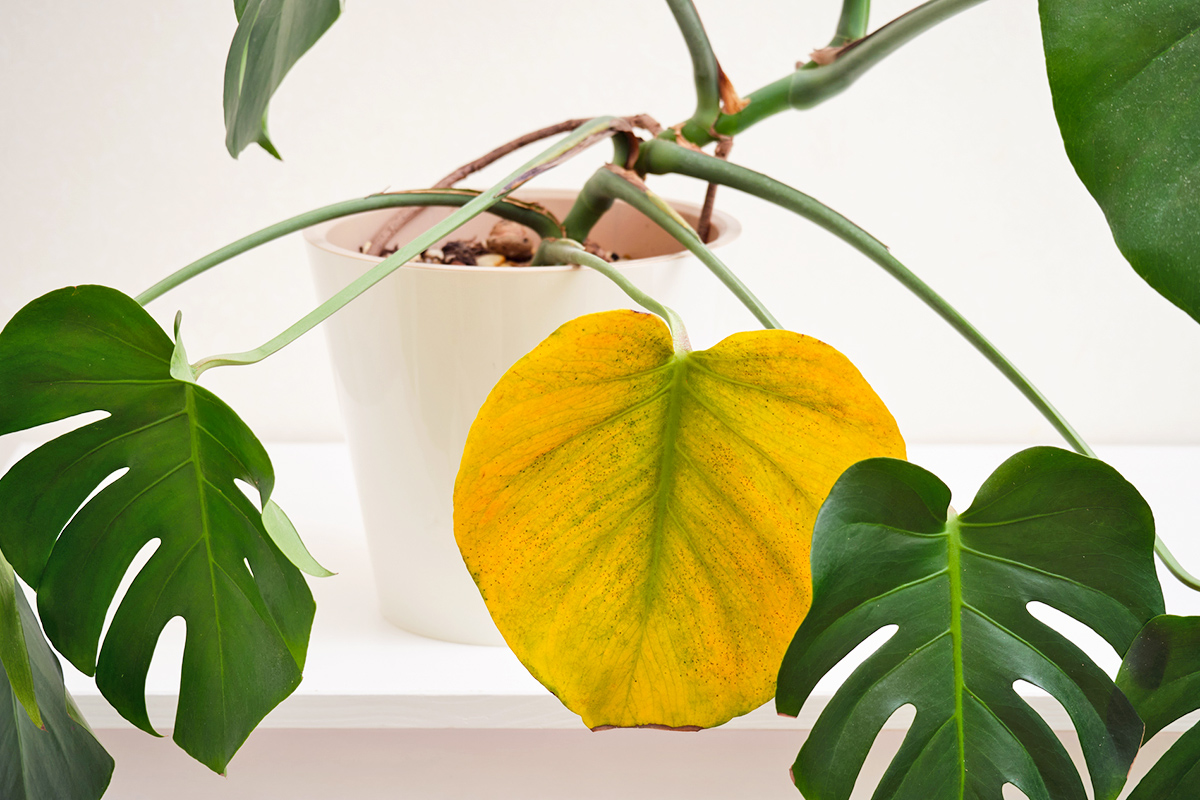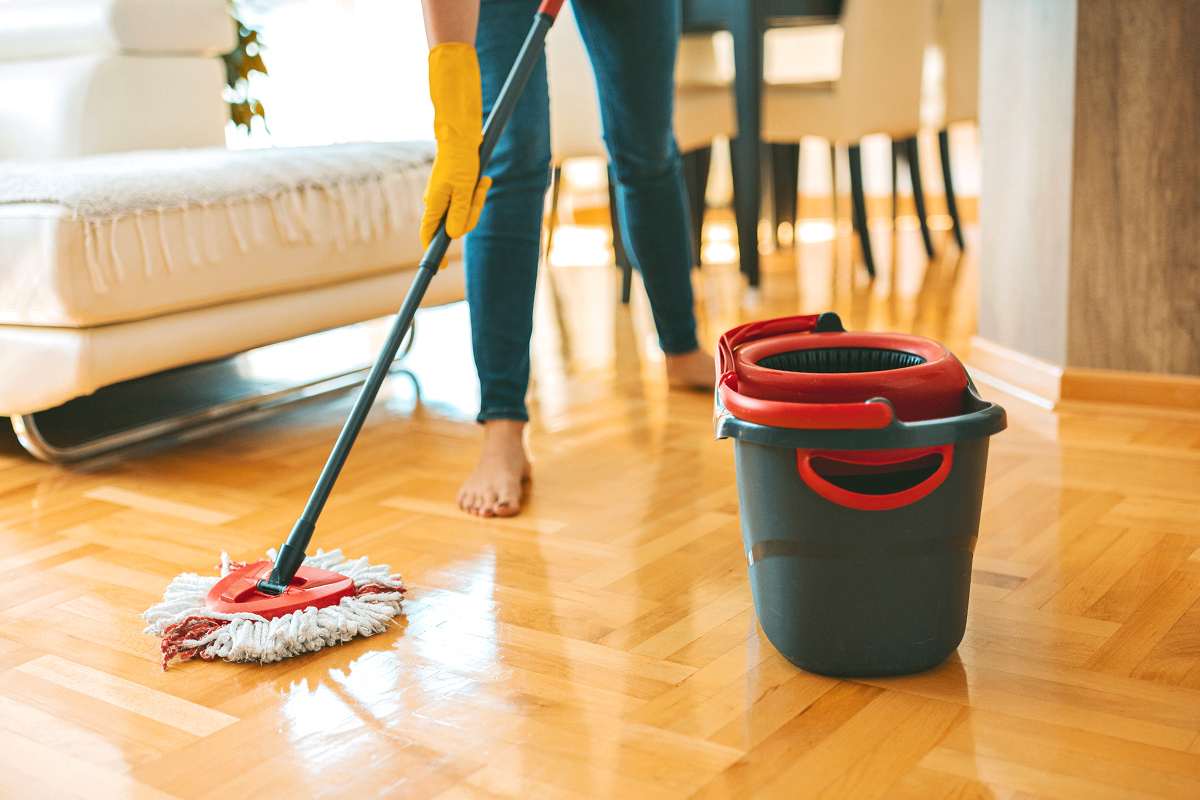Using your dishwasher is an excellent way to save time and money on your water bill. A standard dishwasher typically uses 3 to 4 gallons of water per wash cycle, while hand-washing dishes can consume about 15 gallons for every five minutes the faucet runs. However, certain kitchen items aren’t meant for the machine. We’ve…
1. Cast Iron
Want to ruin all that beautiful seasoning you worked so hard to build on your cast-iron pan? Just run it through a dishwasher one time. Harsh detergents and prolonged exposure to water will not only strip away the much-needed oil layers but also could cause the pan to rust.

2. Crystal
Crystal is simply too delicate for the dishwasher. Beyond the hot temperatures, harsh cleaning agents and powerful water jets inside the appliance can cause the crystal to chip, crack, or dull. To avoid causing any irreversible damage, it’s best to wash these beauties by hand.
3. Knives
We won’t go so far as to say no knives should ever go in the dishwasher, but we strongly recommend hand-washing or wiping down good chef’s knives, carbon steel knives, ceramic knives, and knives with wooden or glued-on handles. Dishwashers can dull or chip their blades, and even cause corrosion and rust. Running larger knives through the wash can also harm the coating on the dishwasher racks, so it’s best to wash them by hand when possible.

More from our network
House Outlook is part of Inbox Studio, which publishes content that uplifts, informs, and inspires.
4. Insulated Mugs
Many insulated mugs feature a vacuum seal between their inner and outer layers. This reduces heat transfer, keeping drinks hot or cold for several hours. The high heat in a dishwashing cycle can cause that seal to break, making the mug or tumbler less effective. Check with the manufacturer to ensure yours is dishwasher safe before running it through the appliance.
5. Handmade Ceramics
If you’re buying handmade ceramics, speak with the artist to confirm if the piece is dishwasher safe. The glazing may not be able to withstand high heat, and drastic temperature changes could lead to cracks or chips. Plus, all that bumping around isn’t good for delicate pieces. Even if you get the OK from the ceramicist, we recommend limiting dishwasher use for these types of wares.

6. Plastic Containers
Plastic containers, especially the thin, flimsy kind, are just not made to withstand a dishwasher’s high temperatures and long cycles. They can easily melt or become warped, particularly the lids. If you want your containers to remain airtight, keeping your leftovers fresh, it’s best to scrub them clean in the sink.


7. Wood Items
Wood items, such as cutting boards and cooking utensils, are often coated with natural oils or a protective finish to keep them looking and performing their best. Unfortunately, this finish can get stripped away by the harsh detergents, intense heat, and prolonged moisture of a dishwasher. This may cause the wood to dry out, swell, warp, and eventually develop chips, splinters, and nicks. To prevent this from happening, clean your wooden items in the sink using hot, soapy water, and condition them regularly with food-grade mineral oil.

8. Sheet Pans
This is a controversial one because many sheet pans nowadays are labeled dishwasher safe. However, we’ve listed them here because many are covered in a nonstick coating, which can be damaged by dishwashers. Also, water can easily pool in their corners, leading to rust. For these reasons, we like to err on the side of caution and hand-wash sheet pans in the sink.
9. Anything Hand-Painted
Hand-painted items, whether it’s a vase you painted at a ceramic studio or an antique dish inherited from a relative, are generally not dishwasher safe. The combination of high heat, strong detergents, and physical agitation can cause the paint to fade, chip, or even peel away.

10. Anything Mechanical
If it needs a motor to work, it should never go in the dishwasher. Mechanical kitchen devices, such as automatic can openers, are fitted with lots of tiny gears, wires, and screws. The dishwasher’s high heat and pressure can damage these components over time. Not to mention, water can short-circuit electronics, causing them to break down. If the device is ever plugged in again, there’s also a risk of electric shock or electrocution.
11. Natural Stone Pieces
Natural stone, which is often used to make marble cutting boards or basalt mortar and pestle sets, is porous, making it susceptible to mold and bacteria buildup. Allowing these items to sit in a dishwasher after a cycle significantly increases the chance that water will settle into those pores, creating a breeding ground for who knows what. It’s best to clean natural stone pieces by hand, then let them sit in a drying rack with sufficient airflow.

12. Low-Quality Stainless Steel
While high-quality stainless steel is generally dishwasher safe, low-quality versions are more prone to rusting and corrosion over time. These dishes are usually fitted with hollow handles, which can buckle, crack, or even explode when exposed to high heat, so we suggest soaking and hand-washing these items instead.


















